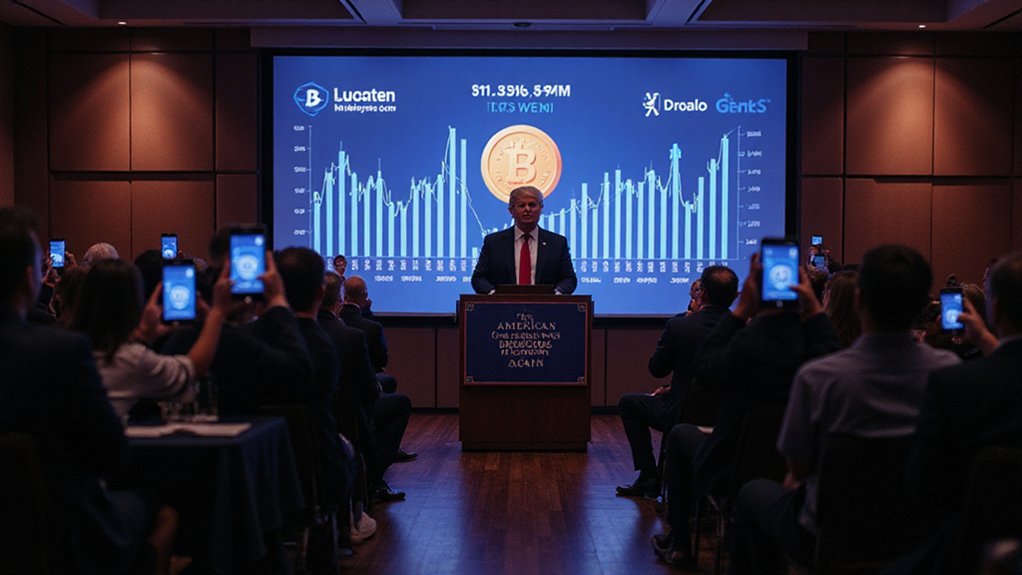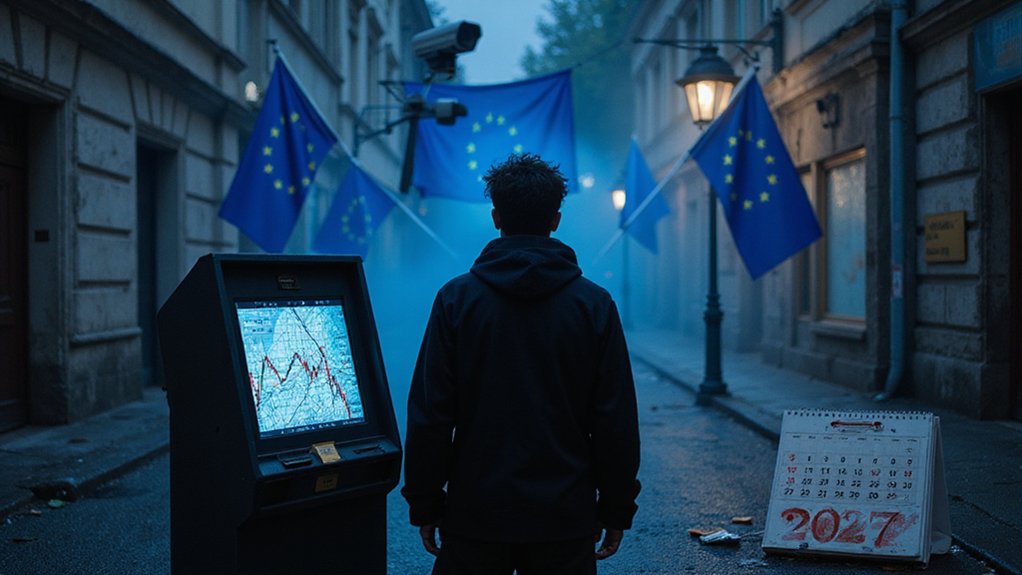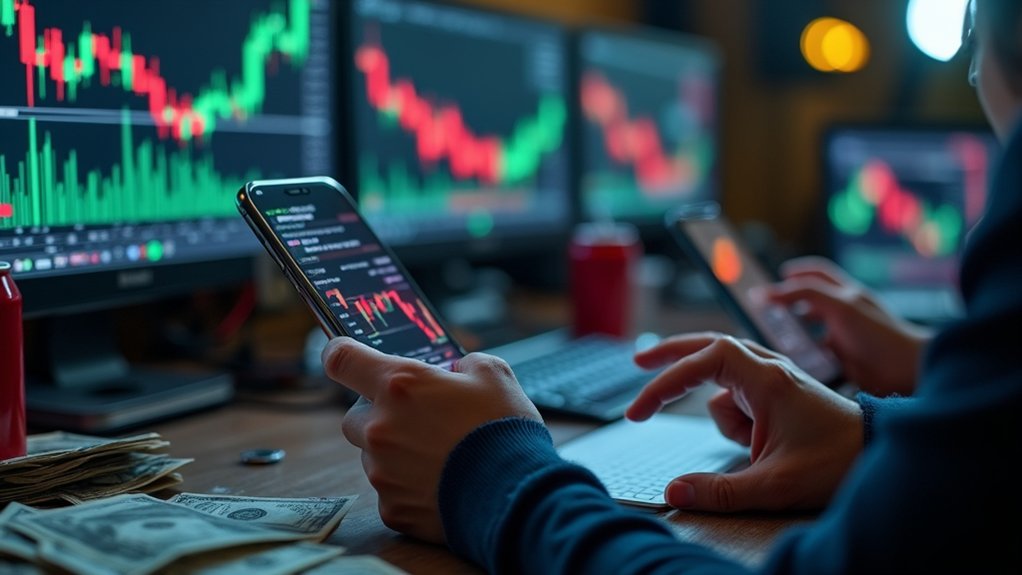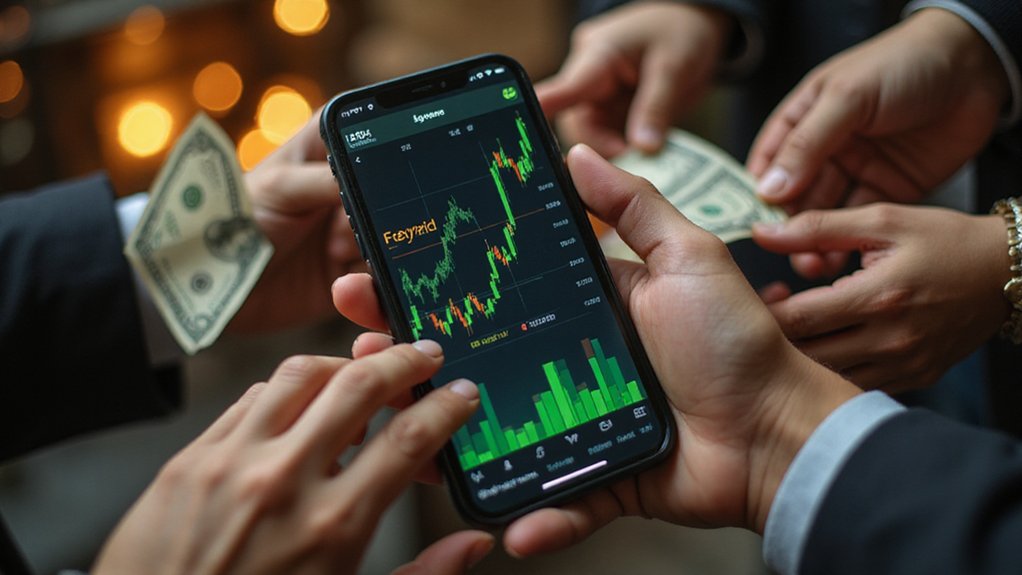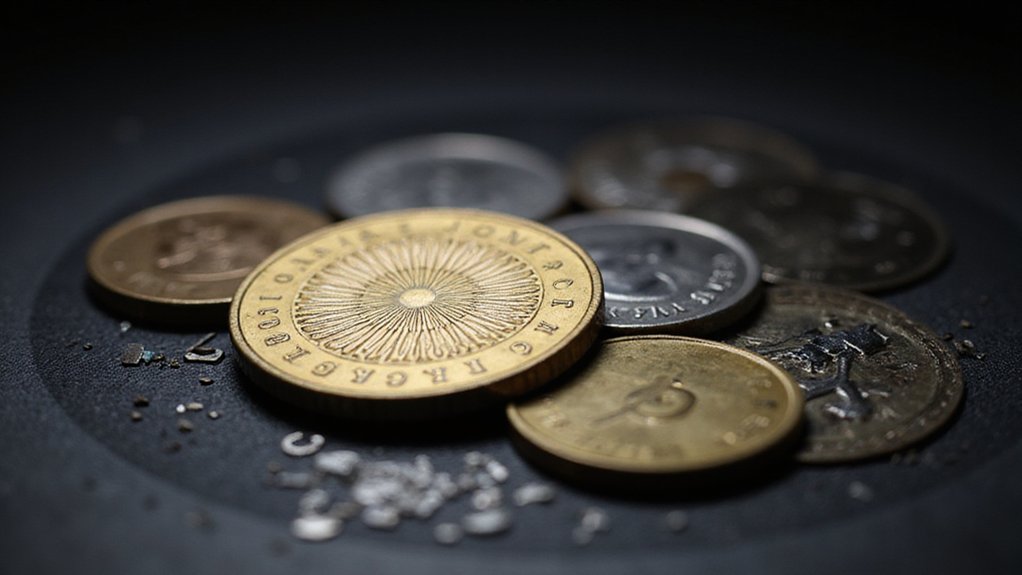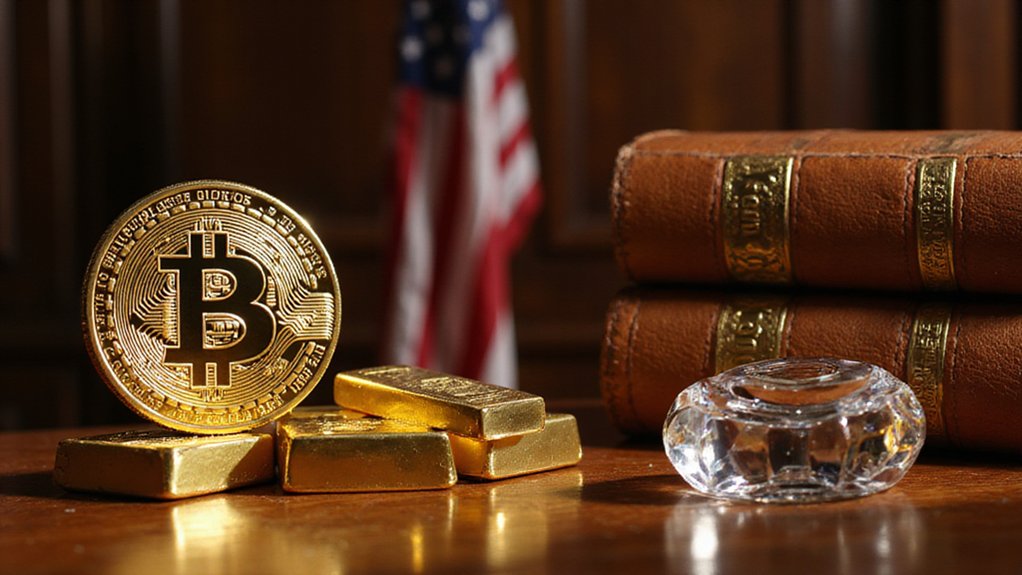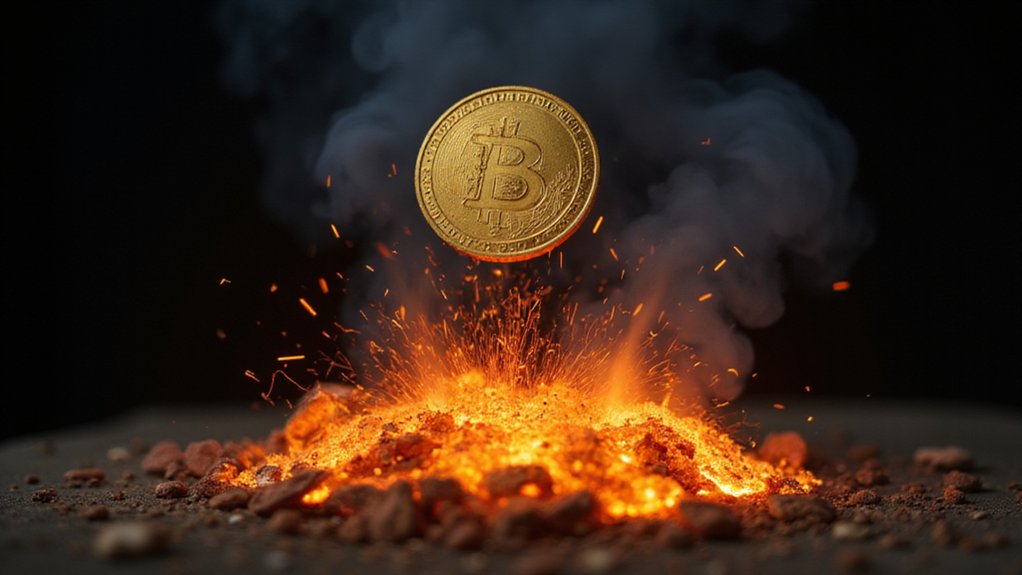In a remarkable fusion of political fundraising and digital asset promotion, President Donald Trump‘s administration has orchestrated a series of high-profile crypto-focused events that blur the traditional boundaries between governance and entrepreneurship. The centerpiece of these efforts—a $1.5 million-per-head “Crypto & AI Innovators Dinner” and an exclusive gala for $TRUMP token holders—has generated both substantial revenue and mounting ethical concerns.
The events offer attendees not merely dinner conversation but tangible access: top $TRUMP token holders receive invitations to private White House receptions and tours, creating what critics characterize as a textbook “pay to play” arrangement. This quid pro quo atmosphere intensifies when considered alongside the administration’s conspicuously crypto-friendly regulatory stance.
Access to power now comes with a price tag and a blockchain receipt.
Since taking office, Trump has established both a Strategic Bitcoin Reserve and Digital Asset Stockpile while signing executive orders promoting digital asset markets—moves that coincidentally benefit his own ventures. The planned White House crypto summit aims to further cement the administration’s position as a champion of digital assets. The $TRUMP meme coin, launched in January 2025, initially valued Trump’s holdings at over $20 billion, while World Liberty Financial (co-founded by the president) develops stablecoin products with significant Abu Dhabi investment through MGX.
The financial windfall has been extraordinary—the Trump family’s net worth reportedly increased by $2.9 billion through crypto ventures alone. The $TRUMP token’s market capitalization exceeded $27 billion post-launch, with over $350 million generated through sales and fees. Trump has also issued pardons to three BitMEX founders previously convicted of money laundering charges. Token values surged conspicuously following announcements of the fundraising events.
What distinguishes these fundraisers from traditional political events is their explicit connection to specific digital assets primarily owned by Trump-affiliated entities. The $TRUMP token supply is nearly 80 percent controlled by the Trump Organization and its affiliates, creating an unprecedented concentration of ownership. This arrangement raises profound questions about conflicts of interest that transcend typical ethical concerns.
The administration’s push for stablecoin legislation—concurrent with Trump’s involvement in precisely such projects—exemplifies this troubling convergence of personal profit and public policy. As international partnerships with entities like MGX flourish, critics wonder whether presidential authority has become a mechanism for entrepreneurial advancement rather than public service.
